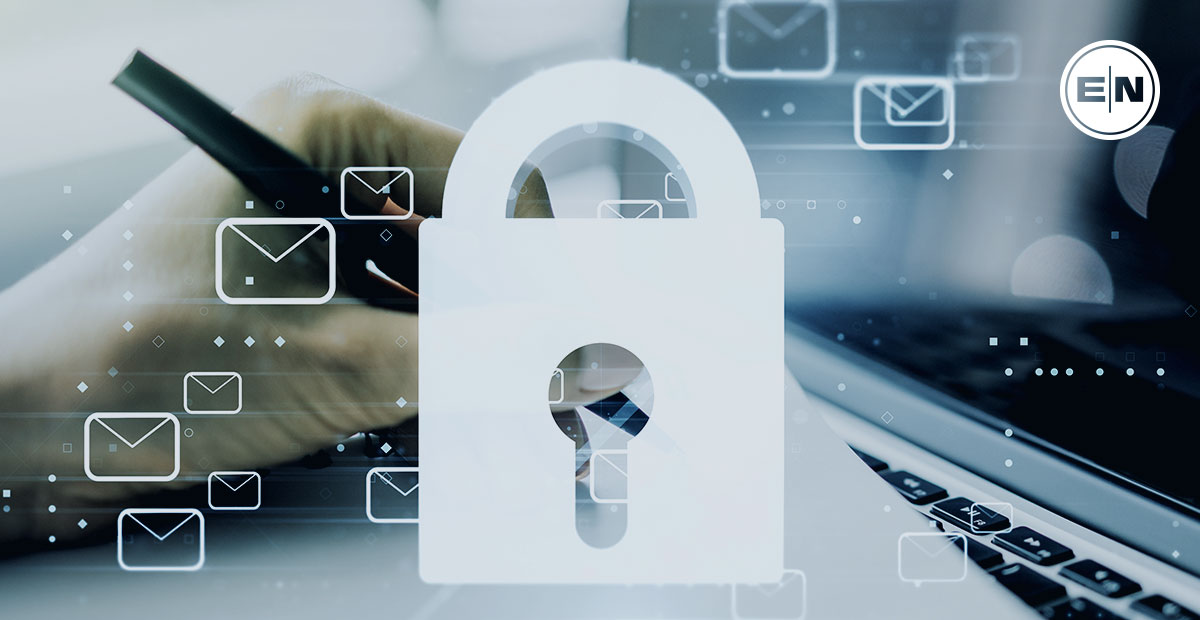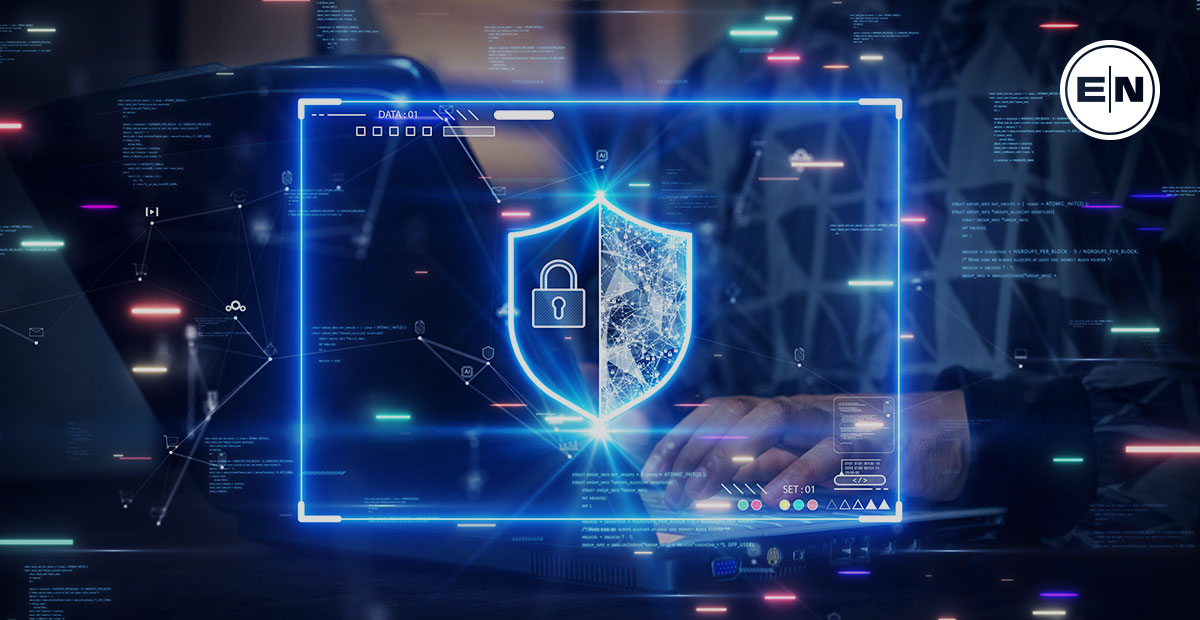 SOC Services
SOC Services
How Business Can Prevent Cyber Attacks with Email Security Services
Editor’s Note: Highlighting email as a primary attack vector, this article discusses strategies like strong password policies, two-factor authentication, email filtering, and user training to prevent cyberattacks. C... Read More
How Every Small and Medium Business Can Prevent Cyber Attacks with Email Security Services
Email security is vital for all small and medium businesses that require protection from cyber attacks. The majority of malware (94% according to one figure) gets into businesses via email. This includes attacks such as ransomware, tech supply-chain breaches, and other problems that lead to downtime and loss of data. Small and medium businesses need to take precautions to improve their security services and prevent cyberattacks resulting from dangerous emails.
A managed service provider can help with this goal, providing defence against some of the most common threats. If you want to prevent email security problems, the right services make it easy to keep your business safe.
The Current State of Email Cyberthreats and Countermeasures
Approximately 90% of cyber attacks originate from email. Email is the weakest link in the security chain for many businesses and needs to be addressed to improve security and prevent attacks. There are multiple types of cyber attacks carried out through email that businesses need to be aware of and know how to avoid.
Some of the cyber-attacks you can experience via email include:
- Spoofing and phishing
- Email security gaps
- Malicious files
- Ransomware
- Misconfigurations
- And more
During the coronavirus pandemic, a variety of cybersecurity threats resulted from businesses having their vulnerabilities exploited. For example, phishing attacks with emails claiming to have a cure for the virus or provide financial relief were common.
Businesses use a range of countermeasures to prevent email cyber threats with help from their IT teams or from outsourced managed service providers. Some of the methods used include encrypting data, employee education, and careful access management.
Best Practices for Email Security
There are a number of best practices for email security that all businesses should be sure to follow. Both businesses and their employees can follow some of these best practices to prevent attacks.
Some simple practices that businesses can encourage employees to take include:
Creating strong passwords
You should use a password manager if you’re using multiple accounts online. This is because managing different usernames and passwords across various websites can become very tedious. If someone gets hold of one username/password combination then they could potentially access many sites at once. It’s best to create unique passwords for each website that you visit. Make them long enough but not complicated. Don’t forget to change your passwords regularly.
Using two-factor authentication
Two-factor authentication adds another layer of protection to your account login process. 2FA requires users to enter the second piece of verification code after entering their credentials. The added step means hackers would also need this additional confirmation method to gain access to your account. There are plenty of options available including text messages sent via apps, phone calls, and SMS texts. Some providers offer free codes while others charge per message. Ensure you choose a reputable company that offers good customer support.
Learning to recognize phishing emails
Learning to recognize phishing emails is the first step in preventing cyber attacks. But what if you don’t know how to identify a legitimate email from one that isn’t? Here are some tips for recognizing fake messages:
- Look at the sender’s address. If it doesn’t look like an official company or organization, then it probably isn’t legit.
- Check out the subject line of the message. It should be something specific about your business or industry.
Only using secure devices
If you are sending sensitive information such as credit card numbers or bank details, then you should be using a secure device. This means that the device has a PIN code or fingerprint scanner so that only you can access the data.
Set Up Email Filters
Email filters allow you to set rules based upon certain criteria. For example, you may want to block emails containing attachments unless you know what type of file they contain. Or perhaps you’d prefer to only receive emails from specific people. Setting these types of rules helps to stop unwanted spam from reaching your inbox. However, be careful not to filter too much content. Otherwise, you’ll miss legitimate communications which might otherwise cause harm to your business.
Keep Your Software Updated
Software updates keep your computer or device safe against viruses and other malware. Updates often include fixes for bugs in existing programs. These patches make sure that all installed applications work properly together. In addition, new features can be included in an update. Regularly check for updates to your operating system and third-party software.
Install Antivirus Protection
Antivirus software scans files and folders looking for malicious activity. When it finds something suspicious, it alerts you and stops further damage from being done.
Avoid Opening Attachments From Unknown Sources
If you receive an attachment from an unknown sender, do not open the document. Instead, delete it immediately. Never click links within an email without first checking its source. Hackers sometimes disguise themselves as trusted sources. They will send out phishing scams where they pretend to be trustworthy companies asking for personal information. Be wary of anything that seems unusual. Always double check before providing sensitive details.
Do Not Receive Emails From Unverified Addresses
Never respond to any unsolicited communication from anyone claiming to represent a bank, credit card provider, utility service, etc. You never know whether the person on the other end has been hacked by cybercriminals.
Check Spam Folder Regularly
Spammers love sending junk mail through your mailbox. To avoid getting caught up in their schemes, scan your spam folder every day. Delete everything there so you don’t accidentally reply to fraudulent emails.
Small and medium businesses should be sure to put strong email defences in place, encrypt email and help to manage passwords. Good antivirus and endpoint protection measures are important to put in place too.
How to Protect Your Business from Data Breaches
If you want to protect your business from data breaches, you need to have better email security services. Phishing emails and other email security problems can lead to malware that results in a data breach, causing downtime, damage to your reputation, the loss of important information, and more.
By tightening up your email security, you can prevent malicious emails from being opened or even from landing in anyone’s inbox. Managing cybersecurity for your business can be hard when you only have limited resources. Many SMBs have a small budget for their IT needs, which makes it difficult to focus on specific security areas such as email security.
Managed services can assist you with your email security to defend your small or medium business against cyber attacks. A managed IT service provider gives you all of the benefits of your own IT department in an affordable and straightforward way.
They can provide a range of services to keep your business secure, such as cyber threat monitoring. A proactive approach to email security and other cybersecurity issues will help to prevent problems from occurring, rather than having to put out fires.
A managed service provider will do several things to protect your business. They can collect important information about the latest threats, monitor and detect any threats, and respond to any threats quickly and efficiently. Predicting the threats to your business before they occur prevents a range of issues, from downtime to data loss.
Managed ransomware services and managed endpoint security are two of the services that can help your business to avoid email security issues.
Your business can have everything managed by experts so that you don’t need to spend time doing it. Solutions such as antivirus software help to both prevent and tackle potential threats.
You can rely on a managed service provider to help you deal with any issues swiftly so that you can quickly get back to your usual business activities when there are any problems. Robust email security can reduce downtime and ensure your business remains up and running when it matters most. You can avoid losing data, money, and customers by making your business email more secure.
Prevent cyber attacks with email security services from a managed service provider like ExterNetworks to protect your business.
Related on ExterNetworks Right Now!

What is Endpoint Monitoring?
Written By Aziz Mohammed











